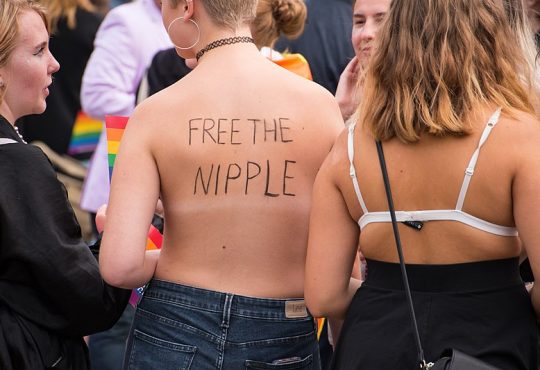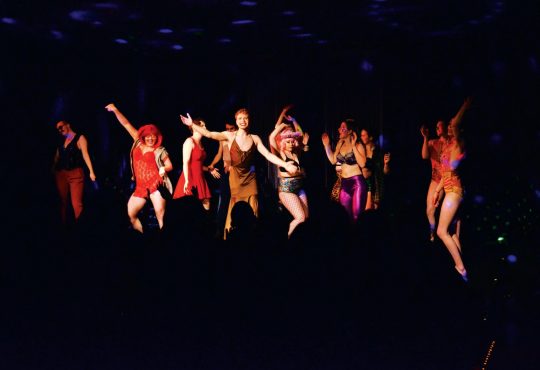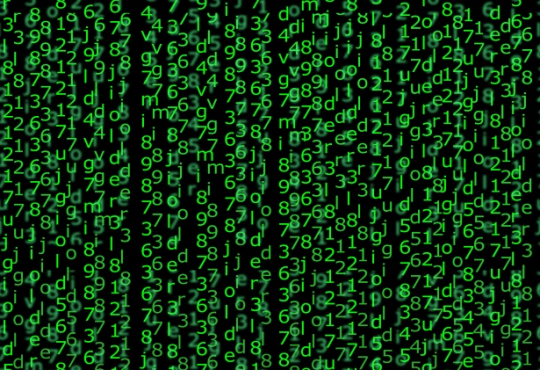The University of Puget Sound recently decided to implement queer theory into the Gender Studies program in order to expand the interdisciplinary program and strengthen the minor.
“We’ve had a minor in Gender Studies and so what we did, what we are in the process of doing, is joining forces with the queer cultures because we in gender studies, we have been looking to bring in more queer theory, more the kind of contemporary work that is happening,” Alison Tracy Hale, Associate Professor and Associate Chair of English, said.
“Harry Velez-Quinones put together the queer cultures course with the eye towards doing more with queer studies. Those two programs are together. Gender and queer studies,” Hale said.
It is important to note that the Gender and Queer Studies program is not a department but a program offered through the Humanities Department. The program has high hopes to expand by gaining enough interest to become more a part of the curriculum.
“We do not have any designated faculty that solely do their work in Gender and Queer Studies. They are all affiliated faculty with primary appointments in other departments,” Hale said. “We find people to teach by asking their home departments to release them. For example, to teach in Gender and Queer Studies I need to take a unit away from my primary teaching in English. Now, my colleagues have been very supportive and the Dean’s office has been very supportive in making this adaptation, but it’s not something that can be as consistent as if, say, you have a full department.”
Harry Velez-Quinones, Professor and Chair of Hispanic Studies and Co-Director of Gender and Queer Studies, believes it is possible to turn the program into a department over time as it gains more awareness.
“We need to run the Gender & Queer Studies Program for a few years before we can assess whether it can become a department. Should demand for its offerings grow substantially over the next few years we could contemplate a proposal leading to the establishment of a more robust formulation. Being a department would make it easier to recruit dedicated faculty in Gender and Queer Studies. Having said that, it is entirely possible that remaining a ‘program’ instead of a ‘department’ could prove equally rewarding, provided that the University agrees to providing a line or lines to add new dedicated faculty in the disciplines involved in it.”
Velez-Quinones put together the queer theory course and went on to explain how this change was implemented and what importance it served to the campus on a larger level.
“Implementing this change came about as a result of our experience last semester offering the first ever Queer Studies class offered at Puget Sound: HUM 327—Queer Cultures. The course was very enthusiastically received,” Velez-Quinones said. “At the end of it, students were encouraged to meet with the teaching staff to assess the experience and to provide feedback for future courses in the field. Students suggested that a Queer Studies Program was desirable, perhaps one housed in the Gender Studies Program. A group of colleagues from the Queer Cultures class in close collaboration with Greta Austin, who was then the director of the Gender Studies Program, came together to discuss this question earlier this fall. We found that we agreed in having Gender Studies change its name to become a Gender and Queer Studies Program. In addition we agreed to assemble a group who, with the help of a Burlington Northern Curriculum Development Grant, will work on developing the Queer Studies side of this newly renamed program.”
The Gender and Queer studies program anticipates that this will be especially essential in terms of the KNOW proposal, the new diversity graduation requirement that is being implemented.
Hale said that she believes that this change is important in terms of diversity.
“Politically the GLBT movements grew out of women’s movements, which grew out of civil rights and the sort of queerness is kind of the frontier at this point. Queer and trans identity. So I think it is sort of essential for anyone that is studying gender studies to have that both piece of the past and the history but also the present which is this kind of activist engaging in things like Trans identity,” Hale said.
Similarly, Velez-Quinones believes that this will bring about more engagement on campus itself.
“I anticipate a more unified set of curricular and co-curricular events and collaborations emerging as a result of this change. The integration of Queer Studies in the Puget Sound curriculum will add increased visibility to the field and, more importantly, a renewed sense of belonging to the many gay, lesbian, bisexual, trans, queer and questioning students and staff here,” Velez-Quinones said.
The faculty believes that this is essential in order to teach students about diversity and that this change will have a large and visible effect on the student body by incorporating a very large part of the LGBT community into the classrooms.





